This post was originally published on Outlier Media.
Laquitta Brown’s first child, Omar Brown, has schizophrenia. As a teen mom, back in 1998, she found herself struggling to find parenting resources to understand his specific needs.
“Everybody would just say, ‘Your child is bad as hell, I’m not watching him,’” the Detroit resident remembers. “And it was like, this is not just a bad child, this is something else. … I would take him to the doctor, and they would say, ‘You need to get him evaluated.’ … What does that even mean? You have to walk me through step by step.”
Then a Detroit Champions for HOPE employee referred her to the Michigan Alliance for Families, which runs a program for parents of special needs children that teaches them how to advocate for their child, providing an extensive list of resources and support groups.
The training and support Brown received through Detroit Champions for HOPE and the Michigan Alliance for Families gave her the confidence to get her son evaluated and fight for him to get the support he needed.
“Therapist after therapist, my child would say, ‘I don’t like them,’” Brown said. “If he says he don’t like you, I don’t care if it’s because of the shoes that you wore, we need a new therapist. I know they was sick of me, but until he found the actual therapist that he liked, I kept telling them to get him a new one. Finally, they found one for him and they have a great relationship. He was on a great medication regimen. He graduated from high school with seven scholarships. His therapist attended his high school graduation. That’s all I could ask for.”
Today, Brown’s son is nearly 30 years old and thriving. Brown also now works as a community outreach coordinator for Detroit Champions for HOPE, the very same organization that helped her. The nonprofit is working to empower parents to be their child’s advocate whether it’s at home, school, or the doctor’s office. The organization hosts events and workshops to address community needs and teaches simple strategies to support the well-being of children called 6-A-Days. The strategy is to do these six things each day with your child: hug, encourage, talk to, sing to, read to, and play. They are especially important during infancy, as 80% of a child’s brain is developed by the time they are three, and 90% is developed by age five.
“To be able to help a family, a neighbor, by even just giving them the correct resources (means) you really are a champion. … Anybody that helped me feed my family is family, so I like to pass that on. I do so much, but I’m not tired. I have to get up, go out here, and engage with parents and let them know, ‘I see you. I’m thinking about you. What can I do for you?’”
Laquitta Brown, a community outreach coordinator for Detroit Champions for HOPE
Detroit Champions for Hope works in neighborhoods across Detroit with outreach coordinators like Brown in each of Detroit’s seven districts.
The work being done by Detroit Champions for HOPE is part of a citywide initiative called Hope Starts Here. The initiative was started in 2016 by the W. K. Kellogg Foundation, Kresge Foundation, and a web of nonprofits like the Champions, to address issues within Detroit’s early childhood education and care system.
Hope Starts Here focuses on six goals or “imperatives” — health, youth development, and well-being; parent and family leadership; providing high-quality programs and professionals; cultivating safe and inspiring environments; building better system alignment; and increasing funding for early childhood education. Detroit Champions for HOPE leads imperative two, which focuses on equipping parents of young children with the skills that will best support them.
Some of the events Brown has organized through Detroit Champions for HOPE include a partnership with the Detroit Public Library’s Redford Branch to help kids build home libraries, as well as holding community baby showers. She’s also hosted workshops showing parents how to make toys from household items, presented drumming lessons, and held play in the park days at Eliza Howell Park in partnership with Sidewalk Detroit.
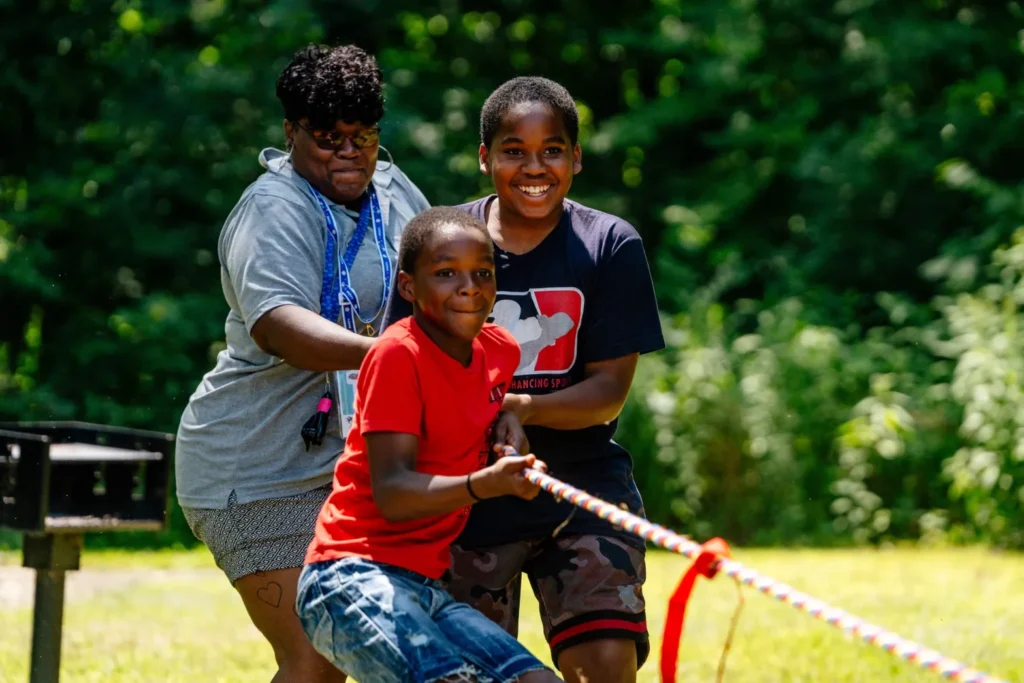
On Aug. 24, Detroit Champions for HOPE will host its yearly Meet in the Street back-to-school festival where they give away backpacks full of school supplies, toys, and other items. Brown says this work is her opportunity to give back.
“We already know Detroit is a city of a lot of pain,” Brown said. “To be a champion for hope in this city is honorable. To be able to help a family, a neighbor, by even just giving them the correct resources (means) you really are a champion. … Anybody that helped me feed my family is family, so I like to pass that on. I do so much, but I’m not tired. I have to get up, go out here, and engage with parents and let them know, ‘I see you. I’m thinking about you. What can I do for you?’”
Brown has also advocated for policy changes for early childhood education and health care workers. In June, she participated in the Guaranteed Income Now Conference with Gov. Gretchen Whitmer, and traveled to Washington to lobby for the Nurse Staffing Standards for Hospital Patient Safety and Quality Care Act of 2023.
Brown lives in Brightmoor and is the Detroit Champions for HOPE coordinator for District 1. Amanda Holiday and Maria Salinas with Congress of Communities focus their efforts under Imperative 2 on Southwest Detroit. The organization partners with Detroit Champions for HOPE to educate parents and caregivers on the 6-A-Day strategy.
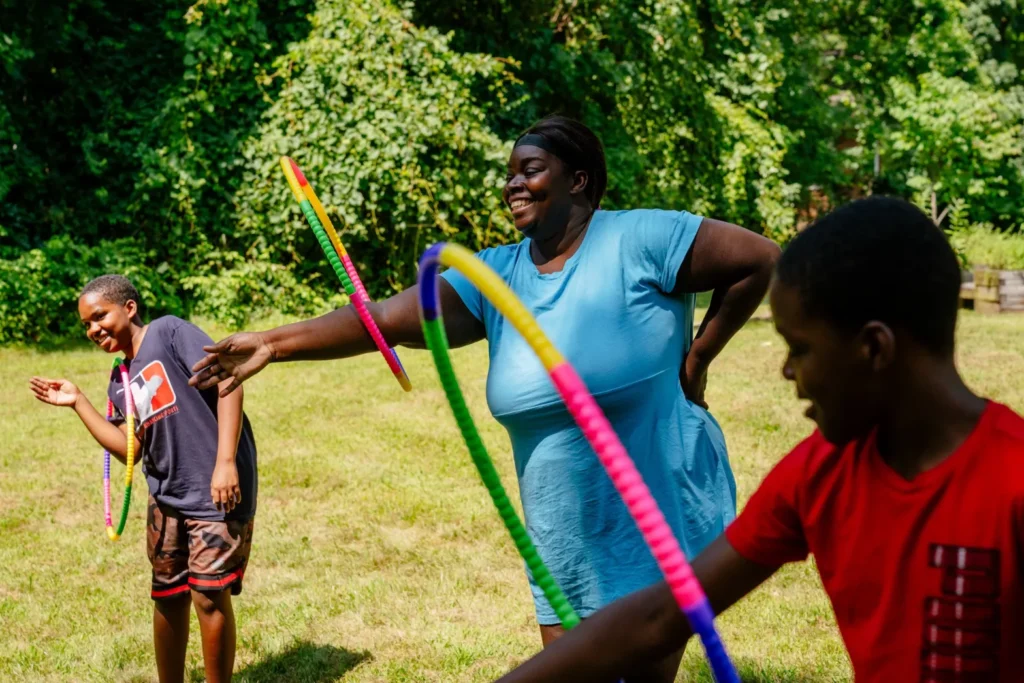
Salinas, the founder and executive director of Congress of Communities, was born and raised in Southwest Detroit. She says she developed a learning disability because her caretakers, although well-meaning, didn’t understand the importance of stimulating her brain early.
“I came from immigrant parents. My dad was Italian, my mother was Mexican, (and they’re) sixth grade and third grade educated,” she says. “They didn’t read to me. My siblings never read to me. I don’t remember seeing books. And so it was a challenge. I was labeled, at that time, an at-risk child. My whole life I struggled with education and academia… It wasn’t until the last 10 years of my career that I got exposed to the idea of brain development from zero to three and it made a lot of sense why I was always challenged and I have a learning disability.”
Congress of Communities helps educate these informal caregivers on stimulating children’s brains through music, art, food, and culture, instead of leaving them in front of the TV. They host back-to-school resource fairs, dance nights, trunk-or-treats for Halloween, and other events to reinforce the 6-A-Day practices.
“We are in an immigrant community and usually it’s a grandmother, an aunt, or a neighbor watching the kids because they’re a lot cheaper than traditional daycare or child care,” Salinas explains. “We’re trying to shift that and it’s been a challenge because in the past, there hasn’t been enough education awareness on how the brain is developed between zero and three.”
Holiday, the director of early childhood and parent programs for Congress of Communities says she struggled to find a daycare for her firstborn son in Southwest Detroit. Her and Salinas’ experiences fuel the work the nonprofit does.
“There were zero options at that point… so I sent him to one of these informal caregiver situations because that’s what we do,” she says. “The woman was sweet and wonderful. She fed him, she loved him, and she kept him safe but he didn’t get the development he could have gotten because she would leave him in his car seat. He was 10 months old and I thought there was something physically wrong with him because he could not roll over, and it was not that. It was just he wasn’t getting the exercise and being put on his tummy.”
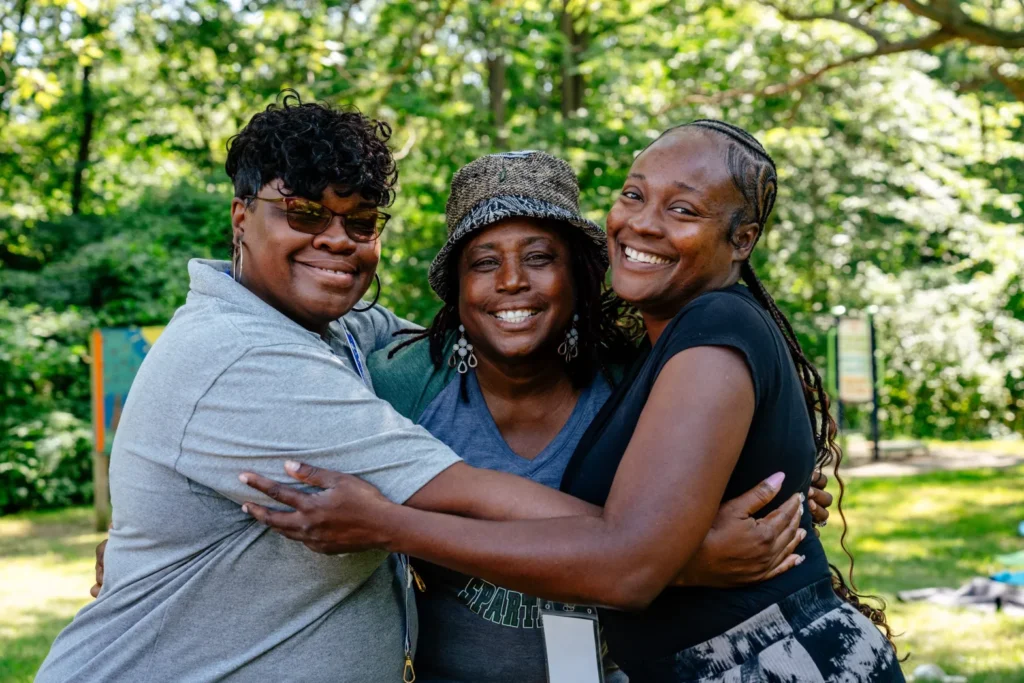
Another organization working under imperative two, the Community Connections Grant Program, also focuses on supporting home daycare and locally owned child care facilities with funding and resources.
During the COVID-19 pandemic, Community Connections set up a grant program for small daycare centers and home daycare operators to install no-touch check ins and sanitation stations. The organization assisted more than 100 daycare centers, like Joyful Blessings Academy on Detroit’s westside, in leveraging a total of $3.7 million in grant funding to keep their doors open during the pandemic and pay their staff.
Community Connections curates weekly sessions for child care providers to network and learn from each other while providing them technical assistance to apply for state funding.
“These are small businesses in Detroit that hire Detroiters. … Many of them operate irregular hours, sometimes around the clock, to accommodate essential workers like hospital and EMS workers,” said Community Connections Co-founder and Director Lisa Leverette, emphasizing the need for such flexibility. “Some of the government systems aren’t providing for them as many early childhood places are generally open from (7 a.m. to 3:30 p.m.) So if you work a later shift, where do you take your children?”
Community Connections also has an Organizing and Advocacy Committee that rallies to inform parents and state legislators about child care providers’ needs.
“A lot of folks cast early childhood providers as babysitters,” Leverette said. “But they also focus heavily on literacy and health equity to help parents navigate the system.”
Both Detroit Champions for HOPE and Community Connections embody Hope Starts Here’s dedication to helping parents support their children.
“You’ve got to have it in your heart that you ready to fight,” Brown said. “I’ve never prayed for my child to be normal. I never would say that about any of my children. They all got special powers in they own way. … I’ve always wanted to see (my son) go to high school. I wanted him to be a law-abiding citizen and I didn’t want him in the system or to fall into the streets. So I had to fight for that.”

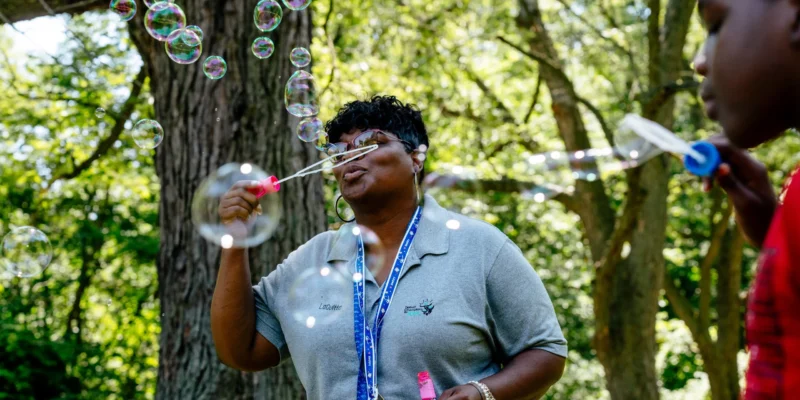
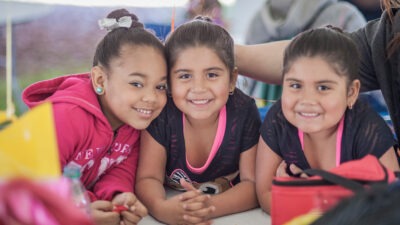
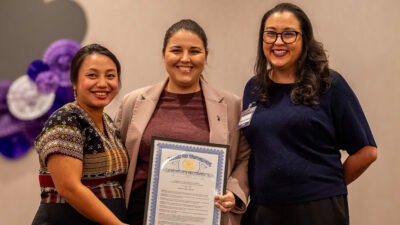
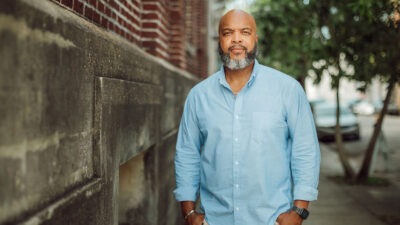
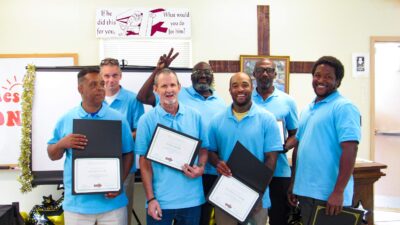

Comments